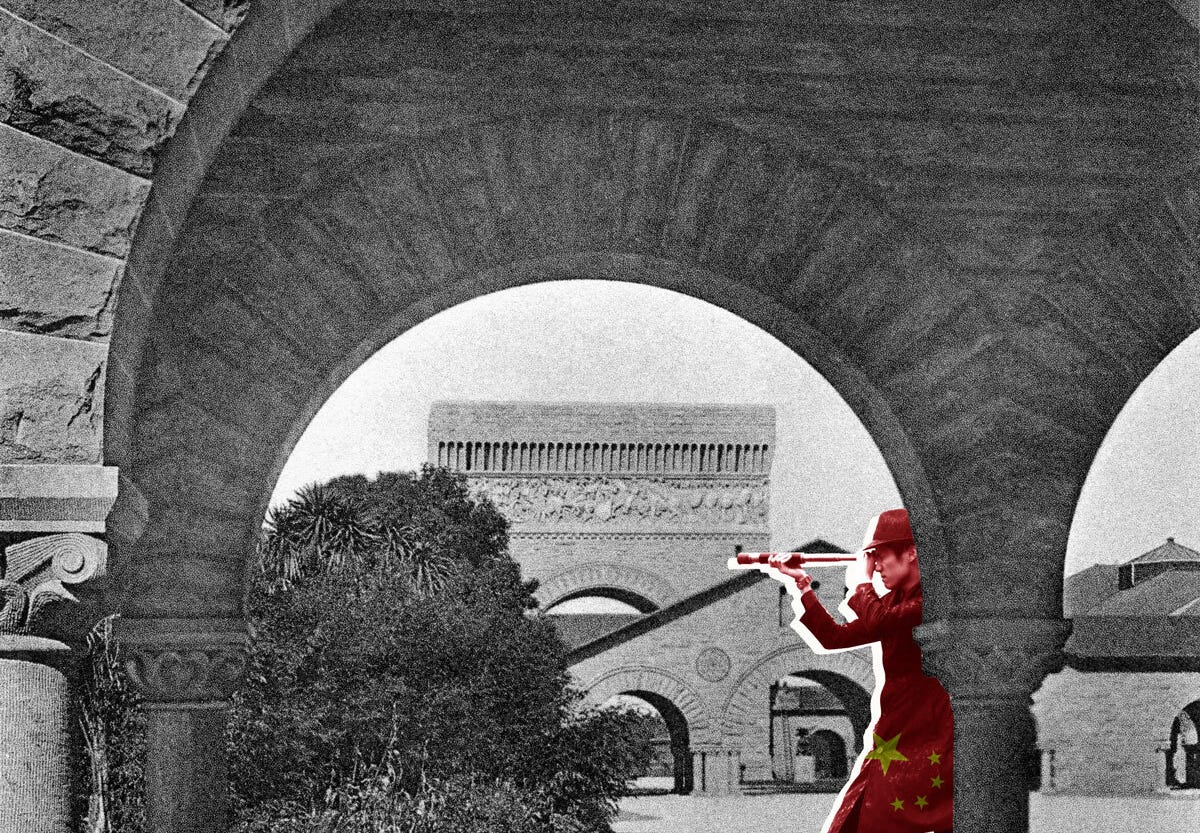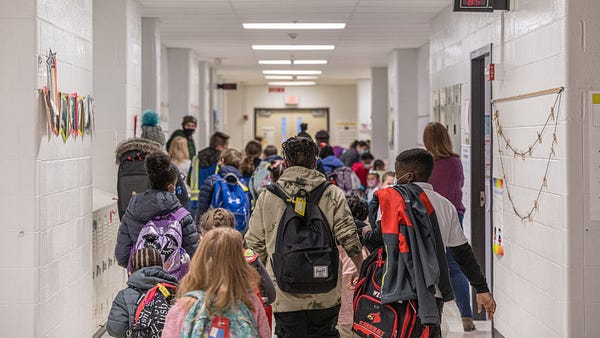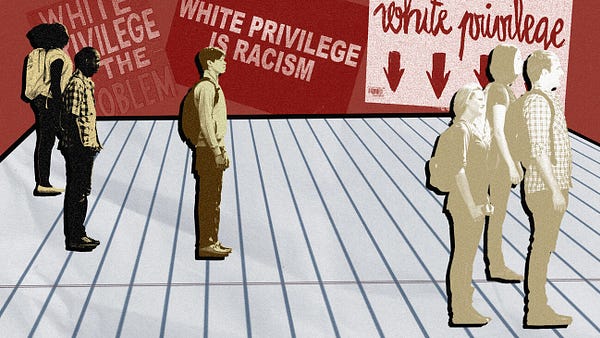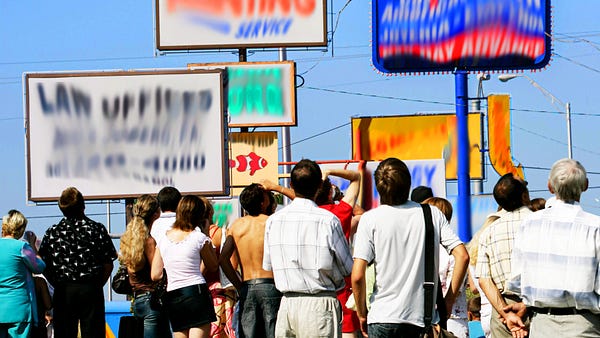
The Free Press

This fall, university classrooms could be surprisingly quiet. And not because students on campus aren’t protesting—in fact, quite the opposite.
To protest what they see as the “the Israeli-American genocide of Palestine,” the Young Democratic Socialists of America is planning a national student strike, encouraging college students to “disrupt campus life” by skipping class.
The plans for a “Student Strike for Palestine” are laid out in the YDSA’s recent resolution, which calls upon the organization’s more than 100 university chapters across the country—including at Columbia, UCLA, and NYU—to “organize democratically-run campaigns demanding their school’s divestment from Israel, a ceasefire in Gaza, and free speech on campus.”
The resolution is unclear about when the strike would happen or for how long. It states that the ultimate goal of the strike is to work toward “Palestinian liberation.”
The YDSA did not respond to a Free Press request for comment.
This skip-school strategy diverges from the “tentifada” of last spring—where hundreds of college students camped out on campuses nationwide, demanding their universities divest from Israel. YDSA organizer Erin Lawson, an NYU graduate, has stated that this fall’s plan should have more impact.
“Most encampments did not win,” Lawson wrote in a July 12 article for the YDSA’s publication The Activist, even though they were “the largest national student movement of our lifetimes.”
A strike, on the other hand, “shakes the very foundation of the university to its core,” she added.
“No one can ignore large swathes of empty classrooms,” she wrote. “No one can just turn around and plug their ears when the university can no longer call itself a university.”
The strike plan is “ambitious,” Lawson continued, “demanding a lot of hard work.” But “as students who live in the belly of the beast, we have the responsibility to demand that our institutions take our tuition money out of Israel.
“And we don’t win by asking politely. We don’t win by running autonomous actions. We win by organizing together across the nation and leveraging all of our power against our universities, upending the very social fabric of our campuses until our administration has no choice but to listen to our collective voice: disclose, divest, we will not stop, we will not rest.”
According to the resolution, the YDSA plans to create a national movement by forming a “Palestine Committee” that will distribute “political-education materials” and provide “organizing trainings” to “define the nature of a student strike, explain why a student strike is strategic in terms of YDSA winning our demands, and help plan an escalatory campaign timeline for chapters.”
The YDSA has also pledged to work “in coalition with other organizations,” such as the Palestinian Youth Movement and Students for Justice in Palestine, to force their universities to divest from what they call “Israel’s Zionist colonial project.”
The YDSA is the youth wing of the Democratic Socialists of America, the far-left party that once championed the political careers of politicians like Rashida Tlaib, Cori Bush, and Alexandria Ocasio-Cortez—though Ocasio-Cortez lost the DSA’s endorsement last month because she did not display enough of a “commitment to Palestinian liberation.”
Ran Kivetz, an Israeli professor at the Columbia Business School who has been outspoken about antisemitism on campus, said that if protesters follow through on their threats to skip school, they should know “there are ramifications.”
If the students don’t show up for class, he said, “they will fail.”
But shutting down the strike requires university administrators to apply the rules, which he said they failed to do last spring when dozens of protestors broke into a campus building and smashed windows, vandalized classrooms, and held three janitors hostage. Though Columbia’s president Minouche Shafik gave police the green light to arrest the protestors, nearly all charges against them have been dropped, and some students had their suspensions lifted by the university.
“Have they learned their lesson?” Kivetz wondered about Columbia’s administrators. “Will they now apply their existing rules?”
“I hope they will,” he added. “But I don’t have confidence that they’ll do that.”
Francesca Block is a reporter for The Free Press. Read her piece, “The ‘Micro-Intifada’: American Protesters Are Being Trained in ‘Militancy,’ ” and follow her on Twitter (now X) @FrancescaABlock.
And become a Free Press subscriber today:















If you don't give me what I want I'm going to hold my breath until you do.
The dramatic respect the public has for Advanced Education can only go up.
Good deal. They strike. Fail out. And then Joe and Kamala require the rest of us to pay off the loans they took and wasted. They have nothing to worry about!